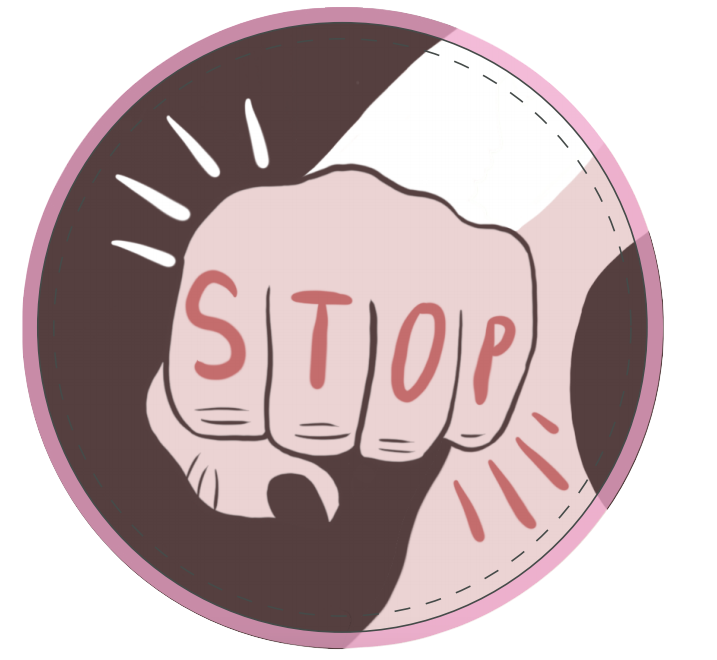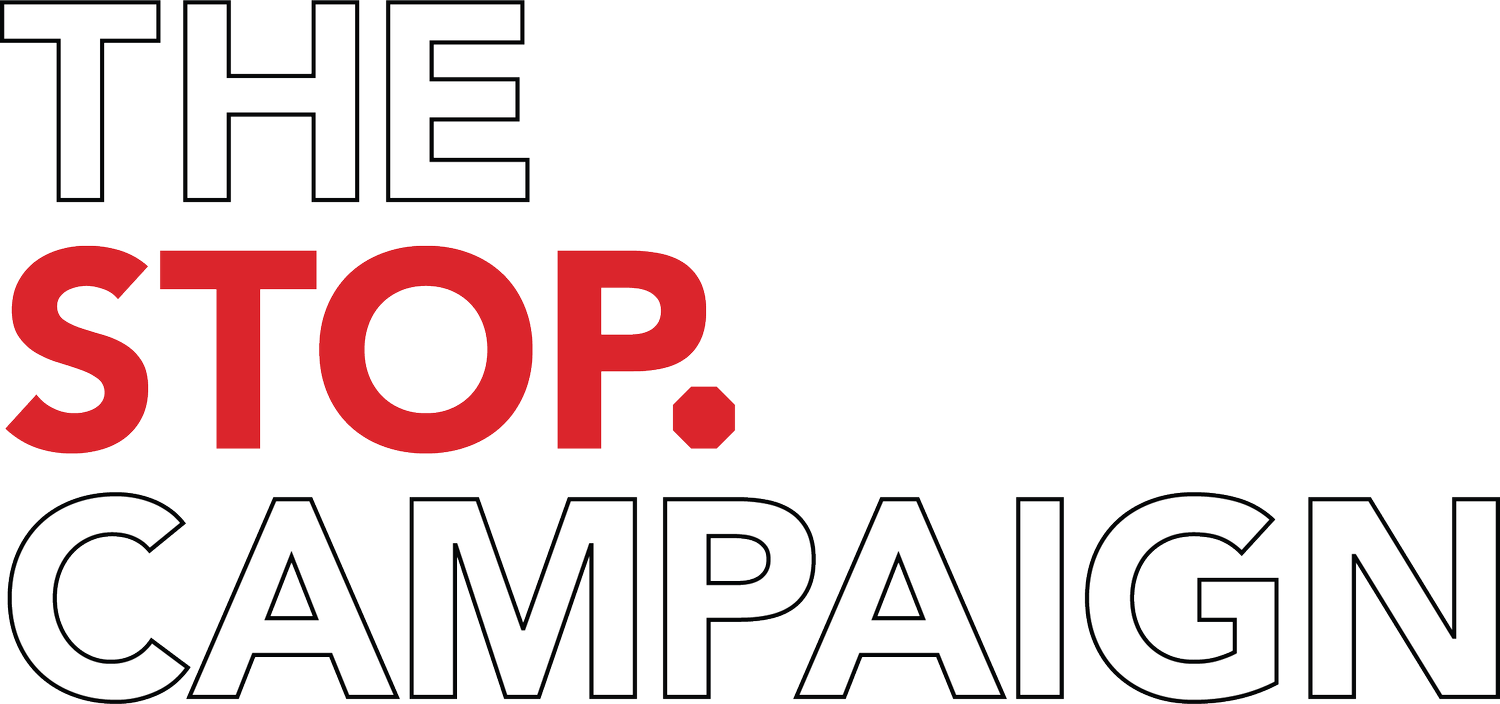What Are You Really Protecting Us From?
CW: rape, sexual assault, incest, institutional betrayal, homophobia

The world is changing, this much we know. But for some of us, it’s not fast enough. I honestly don’t remember when I first learnt about rape. I remember being taught that stranger danger wasn’t the only form that dangerous men took when I was in primary school. I vividly remember an exercise where we had to decide whether or not a step-father asking his step-daughter to wash his back in the shower was wrong. We are taught that we should know the difference between right and wrong, especially young girls. But we have also been taught not to trust our gut. We have been taught to repress feelings of our own discomfort to appease others, to prevent conflict. We have been taught to deem ourselves unworthy of being treated with respect.
The STOP Campaign is passionate and outspoken in our support for better targeted education about sex, consent and respectful relationships. While our roots have situated us within the university setting, we recognise the documented advantages of improved education across all stages in life. For one, the vulnerabilities and experiences university students face can be mitigated by enhanced training in earlier schooling. While sex education in and of itself needs to be improved, many queer students are disadvantaged in their access to this kind of information. Heteronormative and so-called traditional or conventional relationships are prioritised, while others, mine for example, are silenced.
Before looking into this subject more deliberately, it hadn’t even occurred to me that schools should not only be teaching us more about consent, but also about how we identify. They should be safe spaces for us to explore our identities. It shouldn’t be up to closeted children to discover their sexual attractions or gender expressions on their own, off Buzzfeed quizzes and YouTube videos. While the internet has been foundational in many of the journeys of queer youth, schools need to play a much bigger role in providing substantiated information.
I remember being taught sex ed. in high school, a selective public school in an urban and more privileged area. I remember cringing as the teacher explained masturbation and heavy petting to us, or laughing while my friends and I had sword fights using penises disguised in banana skins. I think I remember them touching on the concept of gay sex but I’m not sure. When overhearing my mother teach my little sisters about sex I was proud when they asked how girls have sex, while aware that those questions didn’t cross my mind until I was older. What stands out to me in my own education is that there was an absence of consent education, especially when it came to non-heteronormative couples. And it was couples that schools focused on. All this makes me wonder that maybe if I had been taught what constituted sex between women, and what constituted assault, I would’ve been able to get out of bed when that girl ignored my constant refusals, instead of lying there thinking I lead her on, that this didn’t count, that I didn’t want to make it a big deal. When I finally disclosed this to a psychologist, her dismissive reply reinforced my thoughts. I now know, however, that it does count if it’s a girl, and it does count even if it isn’t a penis.
As per Star Observer, there is a growing body of literature about how, ‘for queer youth this [sex] education is often neglected, if present at all.’ Campaigners are finding that for them, ‘there was simply no visibility or presence of anything other than cisgender, heterosexual, and monogamous intercourse.’ The United Nations Educational, Scientific and Cultural Organisation itself defines ‘comprehensive sexuality education’ as being age-appropriate, culturally relevant, scientifically accurate and non-judgemental, and acknowledges diversity. The current national curriculum in Australia, however, falls short in its rollout of an already outdated system as it relies on the implementation by the states and territories. Latrobe University’s sexual health academic Christopher Fisher states that this ‘patchwork’ approach leads to a ‘mixed bag’ delivery. A survey of 2,000 students in Victoria and South Australia found ‘young people want less repetition of biology’ and more information about gender diversity, casual sex, violence in relationships, sexual pleasure, intimacy and love, presented with a gender-neutral approach. Furthermore, the Free2Be? project revealed the increase in safety following improved and diverse sex education.
Chanel Contos is another young woman who feels extremely zealous about this topic, setting up her own website and petition (#teachusconsent) after her experiences in a Sydney private school. With 43,106 signatures and 6,604 testimonies (as of 21 July, 2021), these advocates want consent, related to sexual activity, ‘to be taught earlier in schools and to include lessons about toxic masculinity, rape culture, slut-shaming, victim-blaming, sexual coercion, enthusiastic consent, and queer sex.’ She calls for enthusiastic consent to be required, recognising that while, ‘These are uncomfortable conversations to have with young teenagers, it is far more uncomfortable to live knowing that something happened to you, or a friend, or perhaps that you were even the perpetrator of it, and it could have been avoided.’
I have a younger sibling who has recently come out. She is still in high school, a high school that censored the word gay on a Valentine’s Day note between her and her friends. Am I naïve enough to want her to enter adulthood knowing more than I did? I am always here to support my siblings. I am compelled to question, however, whether schools have responsibilities here. Surely, the place that teaches her how to problem solve and critically analyse should also help teach her to value her desires, to understand consent, and to know what sex means and is? And should they not teach others to respect her no, whether it be non-verbal or quiet or loud or just said once? I truly think this is not too much to ask. In fact, it is too much for me to have to ask.
By Mahalia Crawshaw
